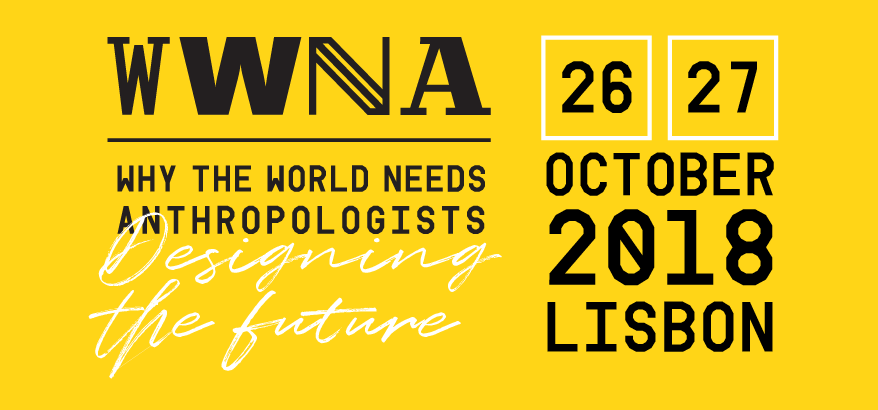Breakthrough Marketing Technology CEO Pamela Roach and cultural anthropologist Dr. Antonella Fabri will be presenting at this year’s “Why the World Needs Anthropologists,” a symposium that explores the different applications of anthropology beyond traditional academia.
“This year’s edition, entitled Designing the Future, focuses on design anthropology, its methods, practical applications, and its potential for framing the future of humanity around the world. It examines human-centred design and design thinking with emphasis on the value of ethnography in these types of processes and techniques, while acknowledging the opportunities arising from a collaborative approach between anthropology and design. The event will bring together researchers, designers, and developers from various domains to ensure an enriched discussion, facilitate collaborations, create innovation momentum, and provide a networking platform for new job opportunities.”
Barriers to Continuity Planning
Our presentation will summarize the research process and the technology solution created to help small businesses prepare for disruptions and plan for a more competitive and flexible business. We used anthropology, quantitative analysis, and the design thinking process to understand small business owner resistance to doing something they agree is important, but had left undone—continuity planning for disasters. With insight into the gap between what small business owners should do and what they do do, we were able to design the architecture of a digital platform that meets small business owners where they are, and integrates into how they do business.
We needed to understand the reasons small business owners resist doing something they agreed was and still is important. Even though they acknowledge the necessity to plan ahead for a possible disaster, they don’t implement it!
Our client was an agency who urged small business owners to adopt a continuity plan to strengthen and save their businesses from disruption and loss. Unexpectedly, small business owners are resistant to adopting and implementing a continuity plan. The agency could not understand why small business owners were not receptive to continuity planning, including insurance and practices to protect their businesses from disruption. The concept of resiliency is part of the public policy discourse, and therefore was promoted by the agency, but it was not an intrinsic part of small business owners’ language.
Funnily, the agency recommended a resiliency plan without understanding that small business owners were indeed fraught with fear of having their businesses disrupted. Furthermore, business owners thought they were already resilient, as they constantly respond to different disruptions, especially in the major city, such as constant roadwork with scaffolding hiding their stores, increases in rent, and competition with chain stores attracting younger customers.
Rational vs. Emotional Choices
We asked small businesses owners why they wouldn’t design a continuity plan. We listened to their reasoning, their fears, and their emotions regarding possible disruptions to learn what drives behavior—their behavior. It is not always about making rational choices. Emotions play a big role in the decision-making process. While the agency was focused on getting small business owners to be receptive to continuity planning, small business owners had their fears turned elsewhere.
Want to learn more about what we learned from this project? Stay tuned for a more in-depth review of this project, and of this presentation.






